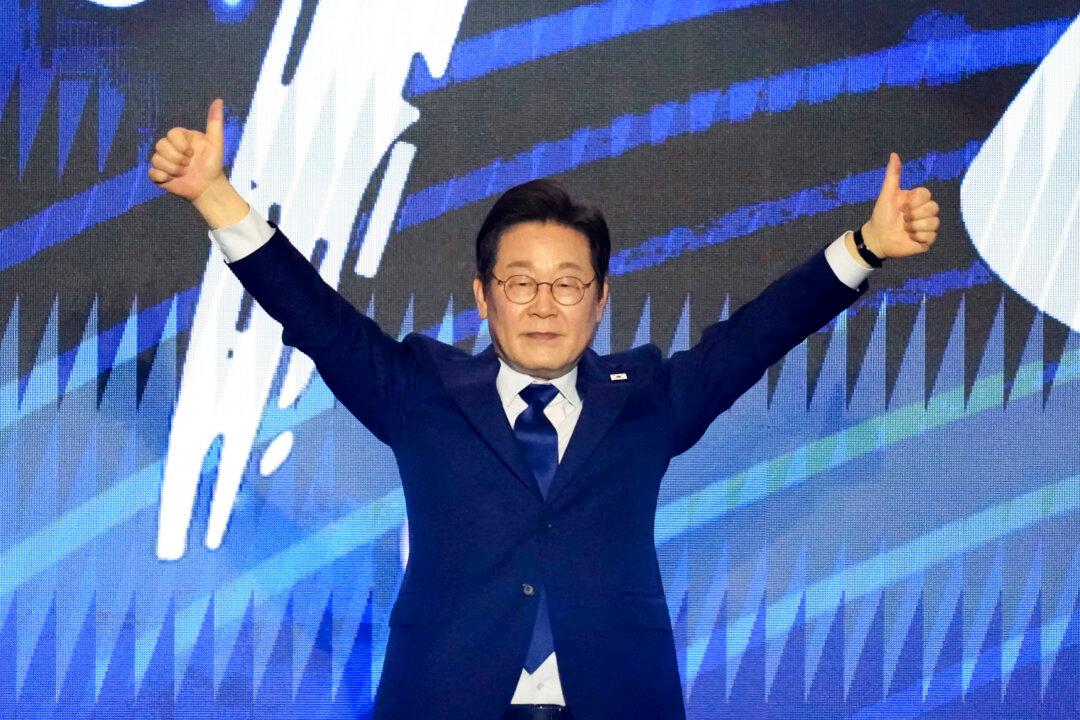SEOUL, South Korea—Lee Jae-myung, a liberal who wants greater economic parity in South Korea and warmer ties with North Korea, became the main opposition party’s presidential candidate Sunday, solidifying his position as front-runner to succeed recently ousted conservative President Yoon Suk Yeol.
The former Democratic Party chief had led the opposition-controlled parliament’s impeachment of Yoon over the imposition of martial law in December. The country’s Constitutional Court formally dismissed Yoon earlier this month, prompting an early presidential election on June 3 to find a new president.





